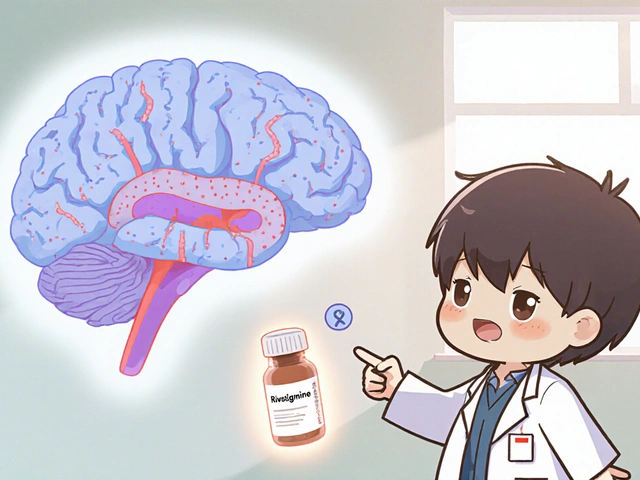Appetite – How to Understand and Control Your Hunger
Ever wonder why some days you barely feel hungry while other days you can't stop snacking? Appetite is a signal that our body uses to keep energy balance right. When it goes off‑track, you might lose weight unintentionally or gain extra pounds. Below we break down common reasons for appetite changes and give you clear, everyday steps to get it back on track.
Why Your Appetite Changes
First, it helps to know the main drivers. Stress is a big one – cortisol spikes can either mute hunger or make you chase comfort foods. Illness or medication can also mute the appetite; antibiotics, chemotherapy, and some antidepressants are known culprits. On the flip side, hormones like ghrelin (the "hunger hormone") rise before meals and drop after eating, so disrupted sleep or irregular meal timings can keep ghrelin high and make you feel constantly hungry.
Nutrition matters too. Low‑protein or low‑fiber meals leave you feeling unsatisfied, prompting more snacking. Dehydration is often mistaken for hunger; a glass of water can sometimes settle a phantom craving. Finally, lifestyle habits such as excessive caffeine or alcohol can jitter your appetite signals, making you either lose interest in food or overeat.
Practical Ways to Balance Your Appetite
Here are simple actions you can try today:
- Eat protein and fiber every meal. A handful of nuts, Greek yogurt, or beans keep you full longer.
- Stay hydrated. Aim for at least 8 cups of water daily; sip between meals to avoid mistaking thirst for hunger.
- Set regular eating windows. Even if you’re not hungry, a small snack at consistent times can train your body to expect food at those moments.
- Manage stress. Brief breathing exercises, a short walk, or a hobby can lower cortisol and curb stress‑related appetite swings.
- Watch caffeine and alcohol. Too much can trigger cravings. Limit to one‑two cups of coffee and moderate alcohol intake.
If you need to boost a dull appetite, consider small, calorie‑dense foods like avocado, nut butter, or smoothies. Adding a bit of healthy fat can make meals more appealing without a huge volume. For those trying to curb excess hunger, an appetite suppressant such as green tea extract or a low‑dose prescription (after consulting a doctor) may help, but lifestyle tweaks should come first.
When medication is involved, talk to your pharmacist or doctor. Some drugs, like certain antidepressants or steroids, can alter hunger signals. Your provider may suggest an alternative or add a supplement to balance the effect.
Remember, appetite isn’t a one‑size‑fits‑all signal. Listening to your body's cues, staying consistent with meals, and tweaking stressors can restore a healthy hunger rhythm. Keep experimenting with the tips above, and you’ll find a routine that keeps you energized without unwanted weight swings.
How Dry Mouth Affects Your Taste Buds and Appetite

Dry mouth can dull taste buds, shrink appetite, and trigger cravings. Learn why it happens, how it impacts eating, and simple steps to restore flavor and hunger.
read more



